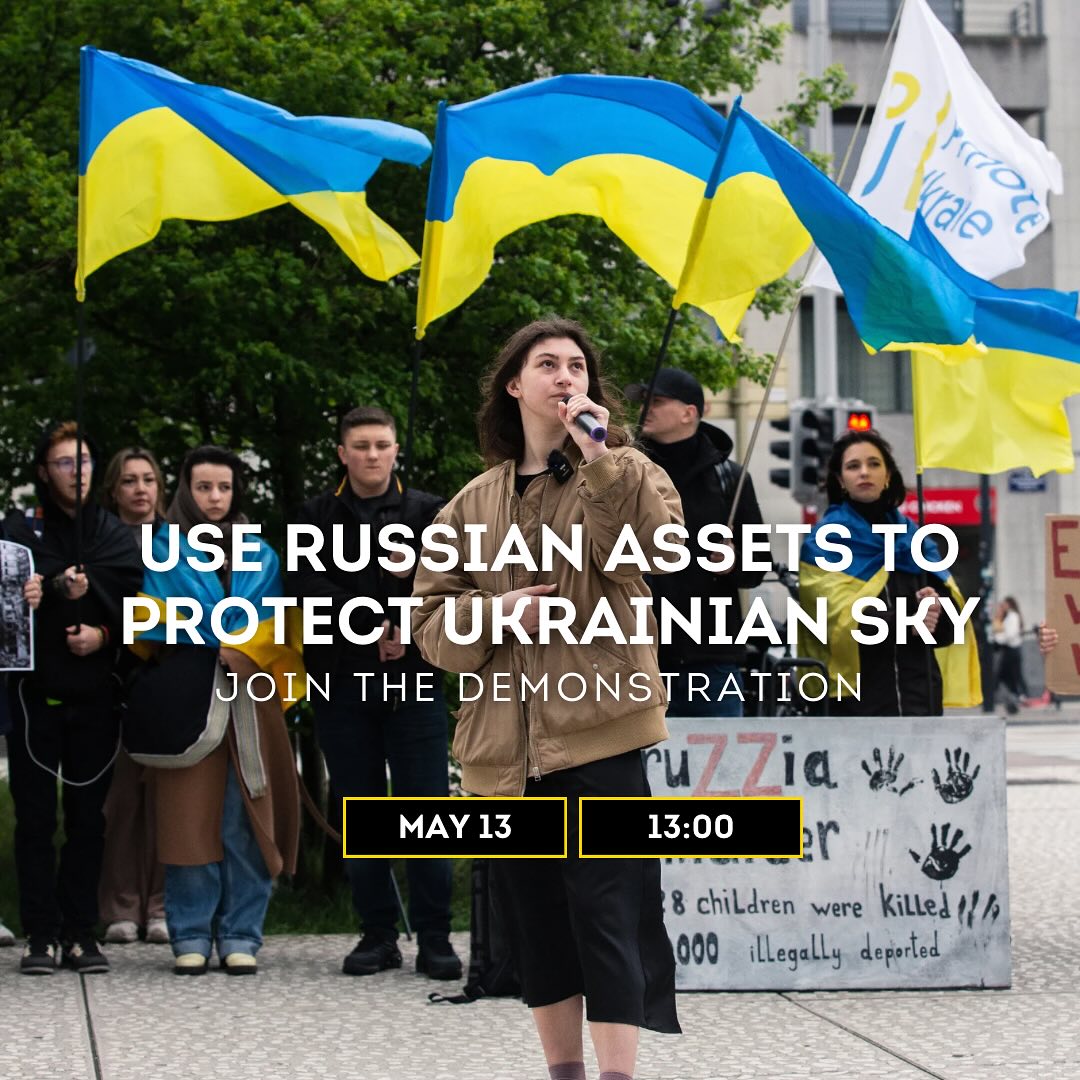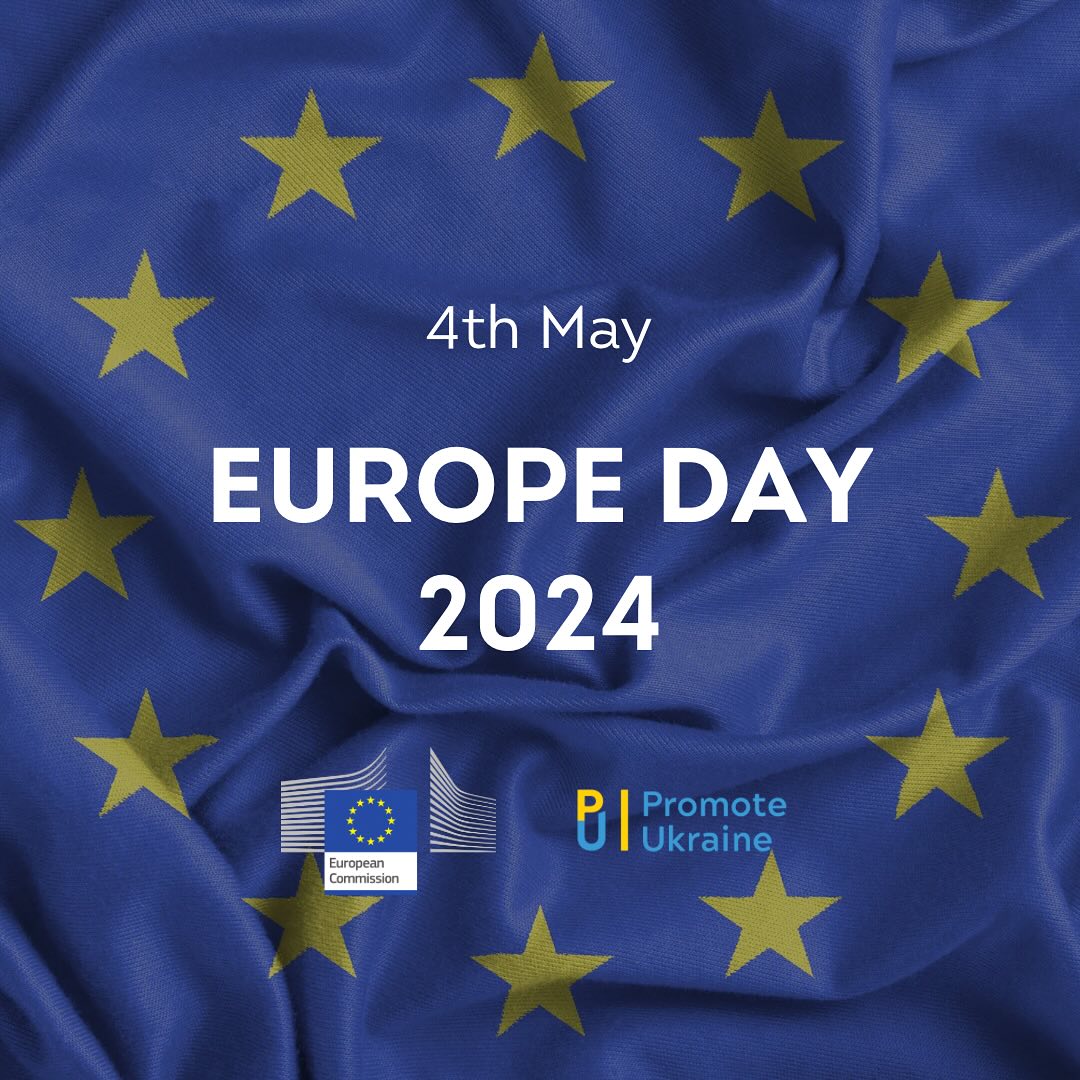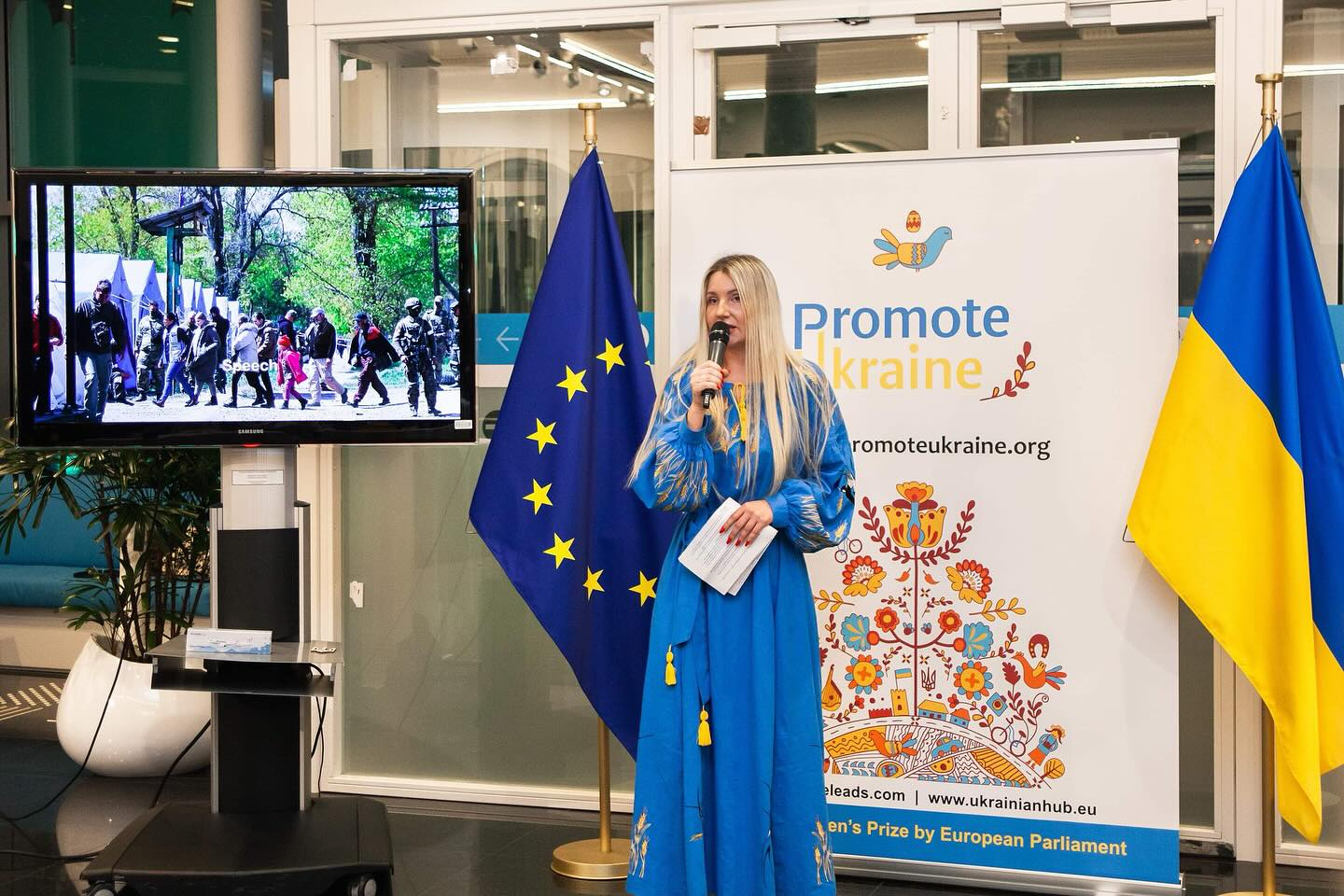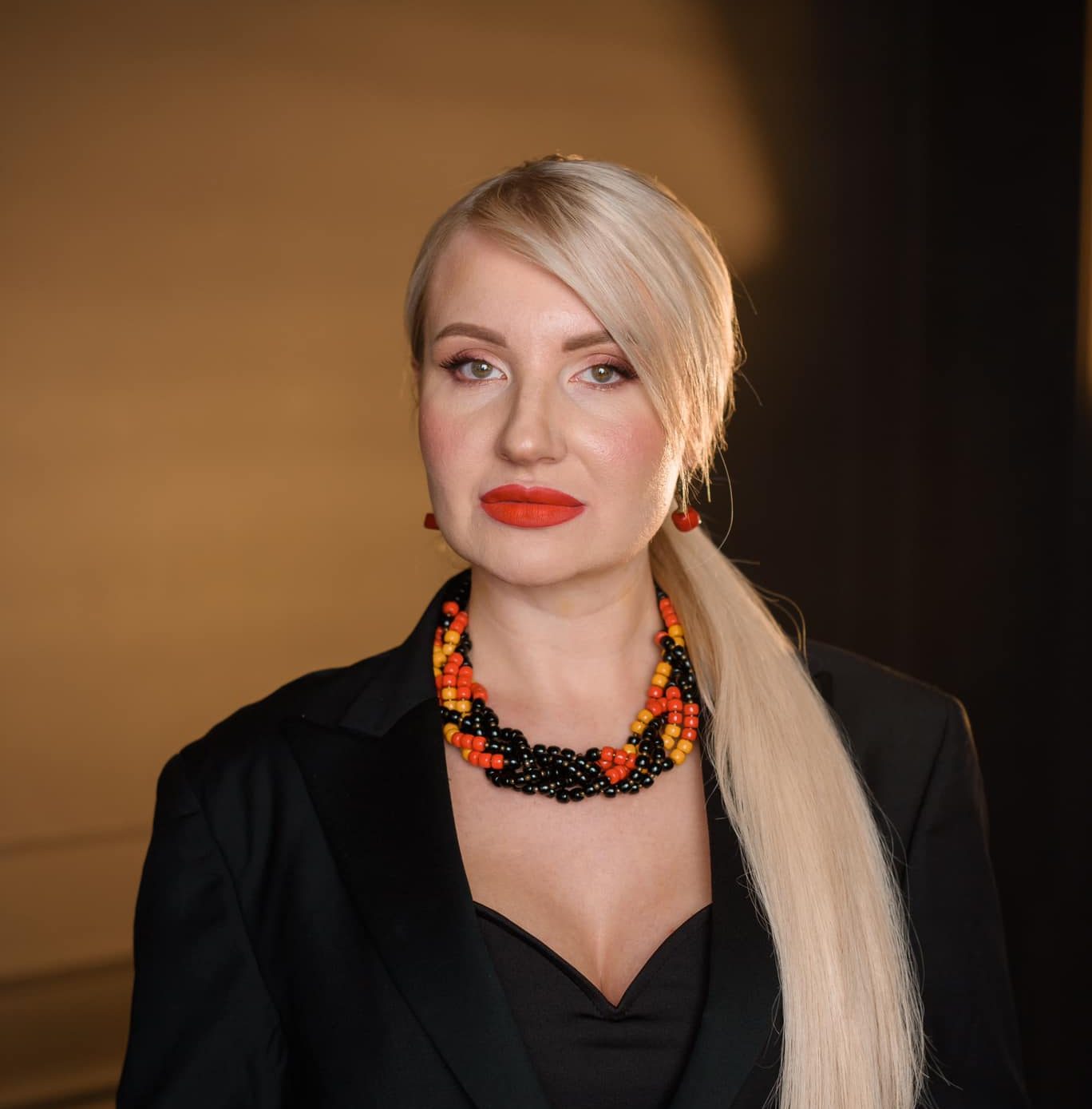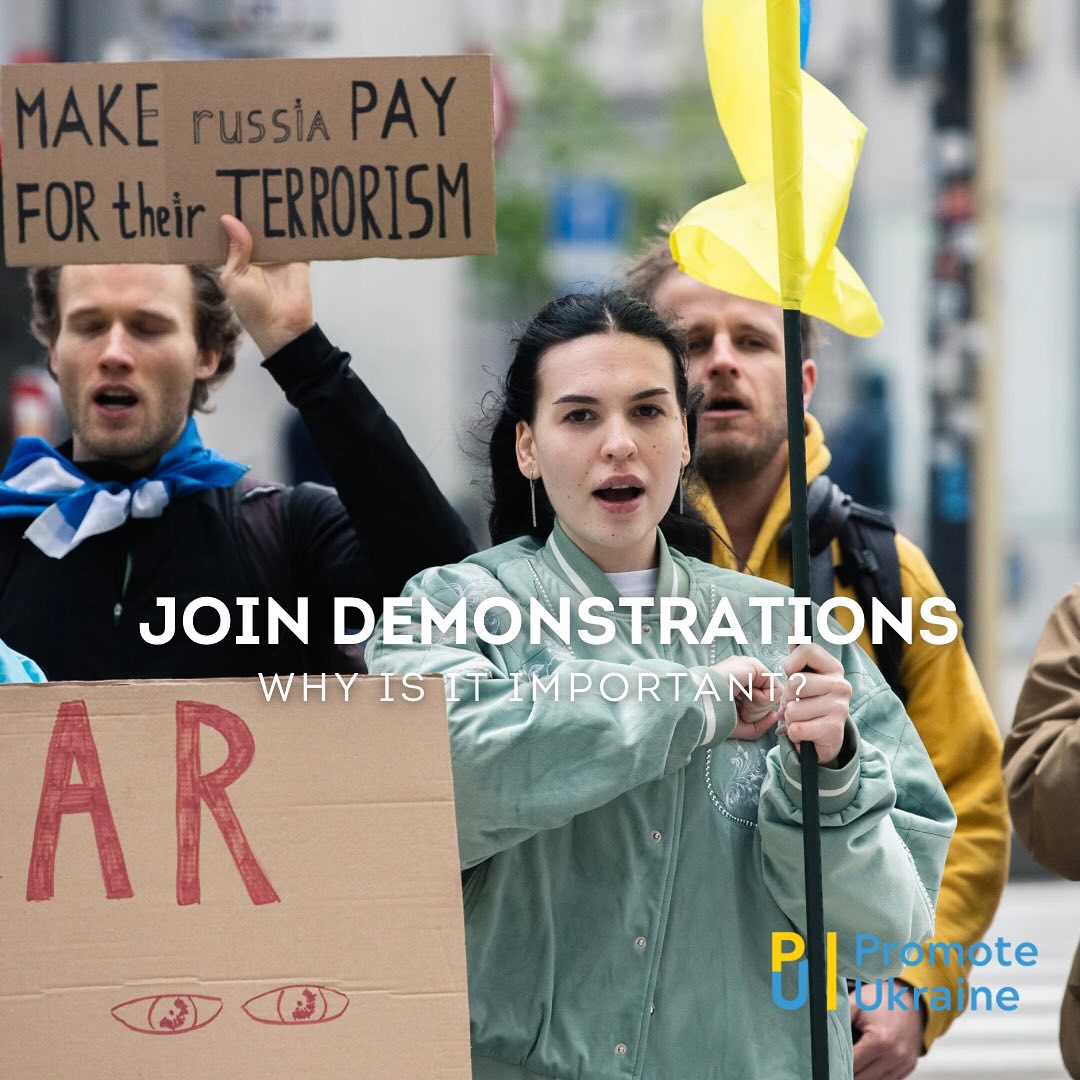What can civil society organisations outside of Ukraine do to help the country win this war and rebuild?
First and foremost, I believe that the role of civil society is to continue advocating for maintaining EU solidarity and generosity vis-à-vis Ukraine. Our members and their national organisations were, and continue to be, on the frontline for helping refugees from Ukraine. We, as a Committee, are dedicated to strengthening cooperation and exchanges with Ukrainian civil society organisations. These contacts and partnerships will be of crucial importance for the reconstruction of Ukraine.
Let me emphasise that the rebuilding processes should be sustainable, transparent and based on the latest green and digital technologies. They need to be seen as an opportunity to create equal chances for all. And why not design a Ukrainian Green Deal on the basis of the European Green Deal? The reconstruction must be a common effort by the Ukrainian administration and civil society. Ukraine is truly lucky to have a vibrant and very competent civil society, which has gained invaluable expertise and know-how over the past three decades.
We stand ready to share our experience and knowledge. Some of our Member States have very recent experience with post-war recovery, and their expertise and lessons learnt will certainly be of great value. It will be a colossal challenge for your country, but also for Europe, and it will require the genuine involvement of civil society. We believe that civil society organisations need to be included in the design and monitoring of the reconstruction efforts, also to ensure that these efforts are made in line with EU legislation.
In the circles of the EESC, do you feel the fading of attention in six months?
Let me be very clear – and to echo President Von der Leyen in her State of the Union speech given in mid-September – we simply cannot and we will not allow for any solidarity fatigue or war fatigue. This is not exclusively about Ukraine, this is about all of us; our security, democracy, freedom and fundamental rights. This is about our future.
At the Committee, but also in more informal settings, it seems almost impossible to hold any debate without touching upon Ukraine, be it in relation to energy or food security, of course, but also with regard to the environment, social and economic issues, internal market… you name it.
In July, the EESC organised a conference in Krakow on relief and reconstruction of Ukraine and its European perspective. The event brought together up to 200 stakeholders representing Ukrainian and European civil society, local and national authorities, to discuss activities supporting people fleeing the war and to begin reflecting on how to better support the work of civil society organisations once the war is finally over.
The Committee maintains regular exchanges in the framework of the established channels, namely the EU-Ukraine civil society platform and domestic advisory group. Our members and their organisations are continuing their activities in support of Ukraine either at the level of their respective Member States or at European level.
Let me reassure you – Ukraine is constantly present in our thoughts, in our exchanges, and in our hearts.
How did your feelings and predictions about this war evolve in six months?
Like everyone else, I will never forget that terrible morning of 24 February. What had been unimaginable became a reality – there was a war in Europe. It was a plenary day in our Committee. We changed the agenda immediately to have a first debate on what had just happened. As you can imagine, it was very emotional…and it has remained like that ever since.
At the beginning, we were scared, we were speechless, even lost. But very quickly, these feelings turned into ideas, plans and actions. No one wanted to be idle, be it on a personal or institutional level. Since the very first day, we condemned the Russian aggression against Ukraine in the strongest possible terms, we adopted two unequivocal resolutions, we provided space for Ukrainian civil society organisations, including yours, on our premises. We reached out to our partner organisations in Ukraine, we organised events and a high-level conference on Ukraine, and much more.
Today, we are hopeful, inspired by your extraordinary courage, and determined. We are looking to the future, to our common future because now, Ukraine is an EU candidate country.
Which stories of EU-Ukraine cooperation inspired you the most since the start of the full-scale war?
It is very difficult to pick just a few. Every day, we are witnessing incredible stories, some of them break our hearts, others warm them. During the first days and weeks of the war, we were all amazed by the immense solidarity shown by ordinary people, who, very often, did not hesitate to hand over keys to their houses to people they had never met before. Ukrainian children mingled with ours in schools and in playgrounds, their mothers were given jobs and became our colleagues or attended training sessions to help them integrate into the EU labour market faster.
But to be more concrete, during my trip to Krakow, which I already mentioned, I had the privilege to meet Polish women scouts, who, since the very first day of the war, have been putting their own jobs, personal comfort and sometimes even their families on the side to help Ukrainians arriving in Poland. They have worked tirelessly, no longer counting all the sleepless nights they have had to endure since February. Their testimonies were truly inspiring – full of unimaginable suffering on the one hand, but bursting with hope on the other. Encounters like that fill me with the conviction that humanity will prevail and that this terrible war will soon be over.
What new things can Ukrainians bring into the European family?
I think we do not emphasise enough all the added value that Ukraine would bring. Not only do we share the same history, ideals and aspirations, but we will simply be stronger with Ukraine than without her. Your compatriots are proving on a daily basis their incredible heroism and determination. I have said it countless times and I will repeat it once more: Ukraine is fighting for us, for everything we believe in.
With Ukraine, our European family will be enriched with courageous people, their culture, traditions and historical experience, but also with their delicious cuisine, outstanding athletes, brilliant youth, vibrant civil society, and much more.






 UA
UA FR
FR DE
DE